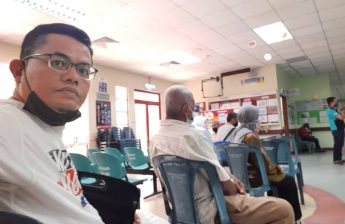As of August 17, 2021, 34 per cent of Malaysian are well protected with two doses of Covid-19 vaccine.
That’s virtually full protection against severe disease requiring hospitalisation, thus reducing pressure on our presently overburdened health care service.
We need to ramp the uptake to other low-coverage states to prevent a replay of the messy and ugly Greater Klang Valley experience. Unvaccinated persons take up more than 95 per cent of hospital beds.
We still run the risk of breakthrough infections, with a conservative estimate of 0.29 per cent of fully vaccinated persons.
That’s 32,000 breakthroughs, milder than similar infections in unvaccinated persons.
But these may pose a danger to our larger communities within the context of the more transmissible and virulent Delta variant. And we must also be prepared for the Lambda variant and other variants of concern (VOCs) that may follow.
First, the VOCs and the unvaccinated may continue to create clusters and outbreaks in low-coverage states, and even in high-coverage states, as seen in Sarawak more recently.
Though to a lesser extent, Delta can still be transmitted by the vaccinated person.
Therefore, unlike the US, UK and Israel, we have been smart to persist with the mandate on masking, both indoor and outdoors. This can prevent the dispersion of the Delta variant to the unvaccinated, namely children, the vulnerable and immunocompromised.
As we have seen in highly vaccinated nations such as Chile, Seychelles, Uruguay, Mongolia, UAE, Bahrain, the US, the UK and Israel, Delta, due to its ease of transmission, can readily unleash another Covid-19 wave.
There is simply too much hope and hype placed in vaccines. We must be holistic in our crisis management and utilise every other anti-pandemic tool at our disposal.
And that is why our failure to ramp up our testing to the basic minimum of 250,000 tests per day is simply not helping.
At best, we are averaging 150,000 tests per day, and our positivity rate has hovered around 12 to 15 per cent, which, according to the World Health Organization (WHO), means that our pandemic has been out of control since May 2021.
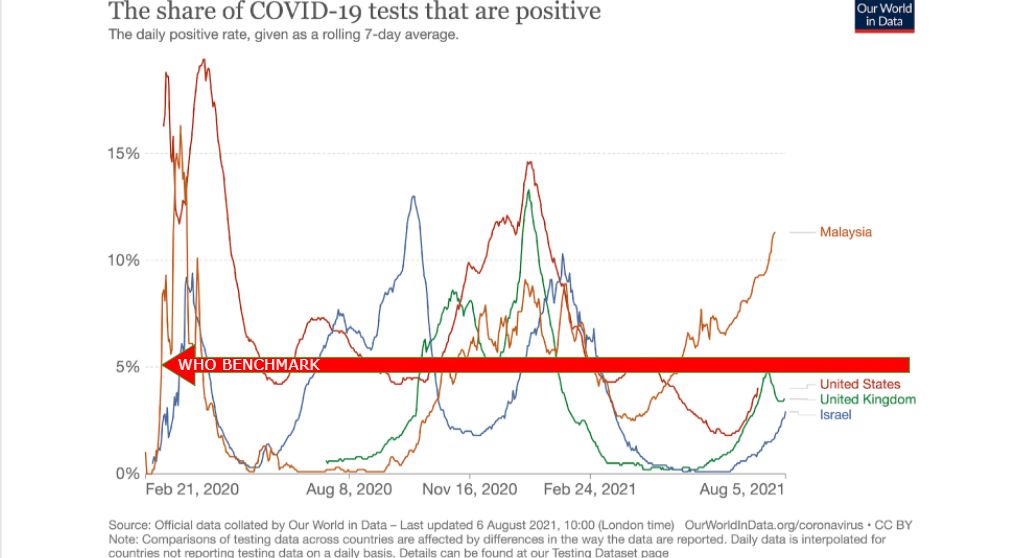
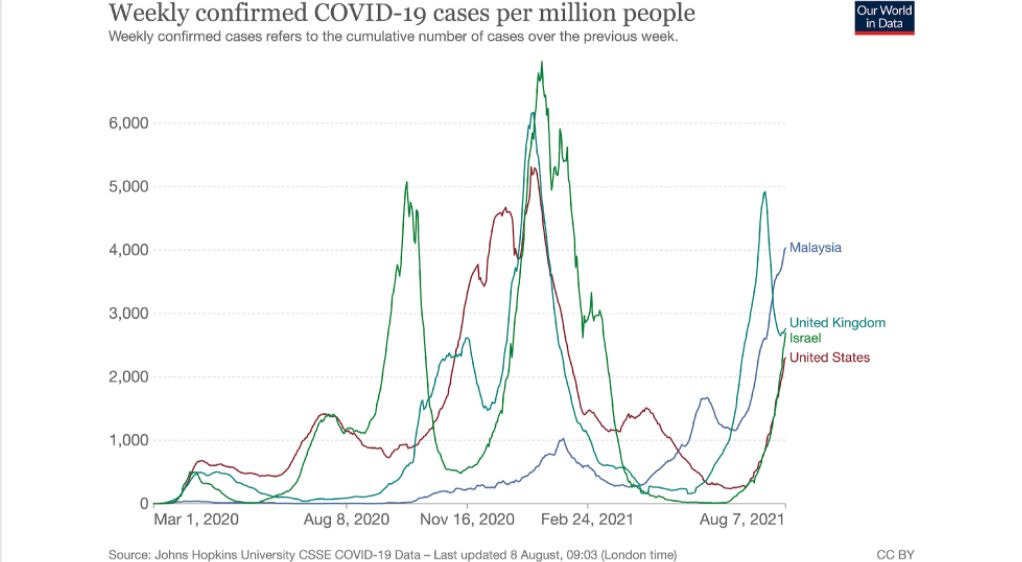
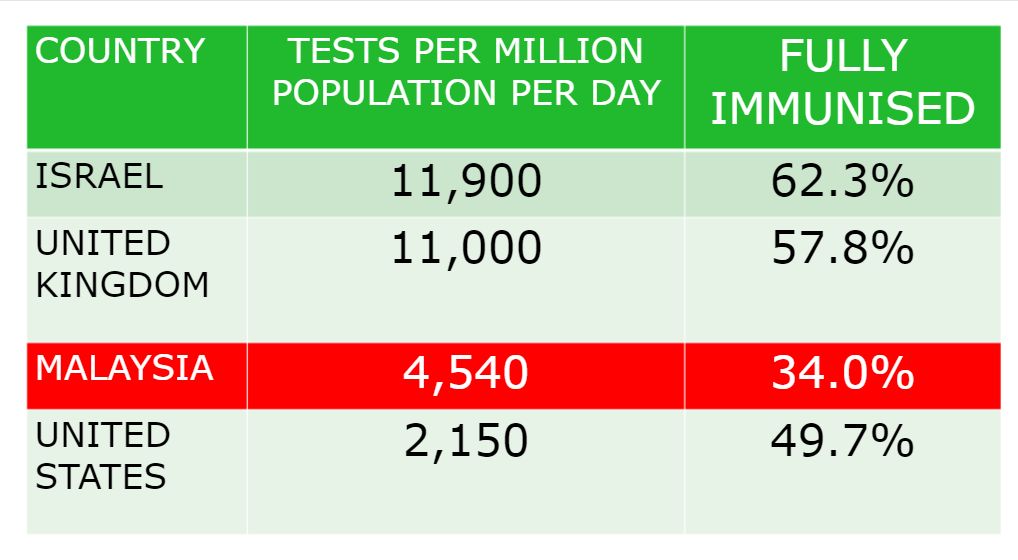
Find-Test-Trace-Isolate-Support (FTTIS) is a vital component of the exit strategy, and the authorities needs to seriously consider a national testing policy, which among others, must undertake the following course of action, in the short, medium and long terms.
The slow, piecemeal and reactive responses of the authorities in their testing protocols has only fostered the sporadic spread of the virus and enhanced the proliferation of the VOCs.
This has led to an explosion of new daily cases of Covid-19, overwhelming our hospital facilities and quarantine centres, leading to exponential death rates and brought-in-dead (BID) cases.
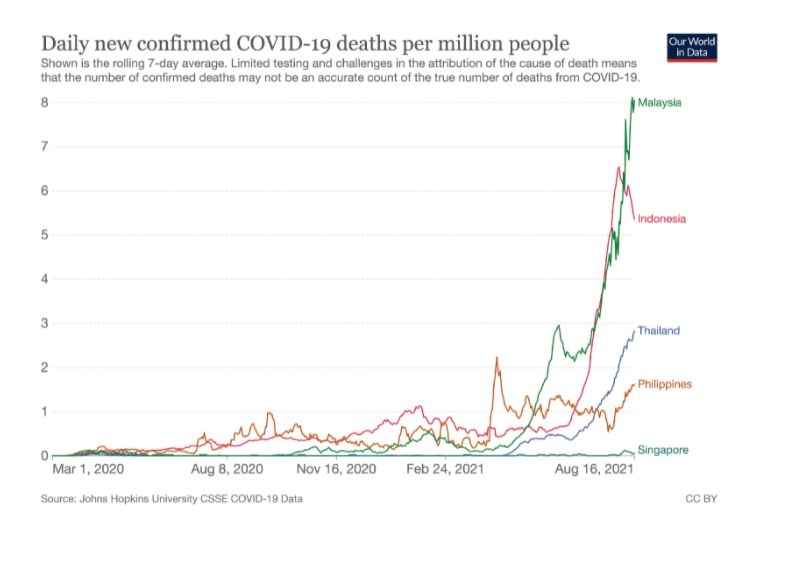
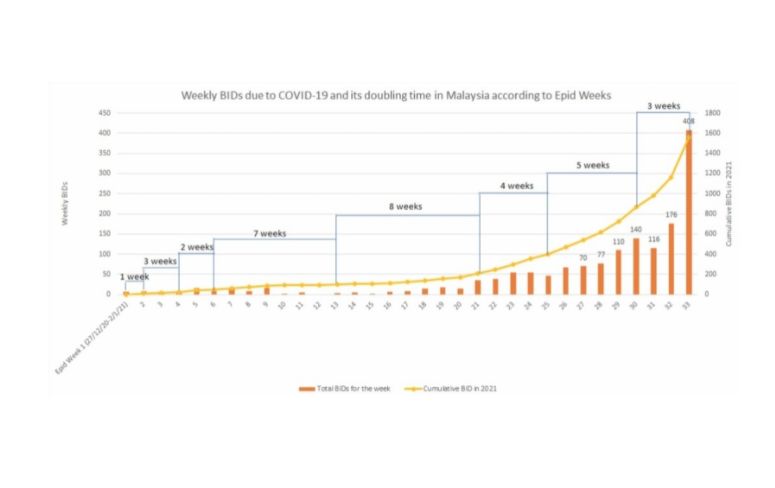
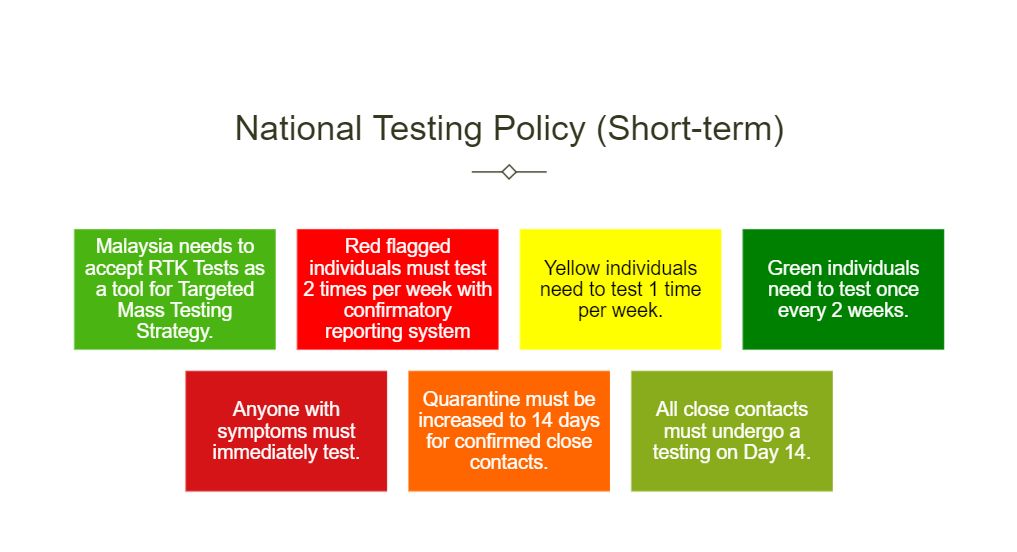
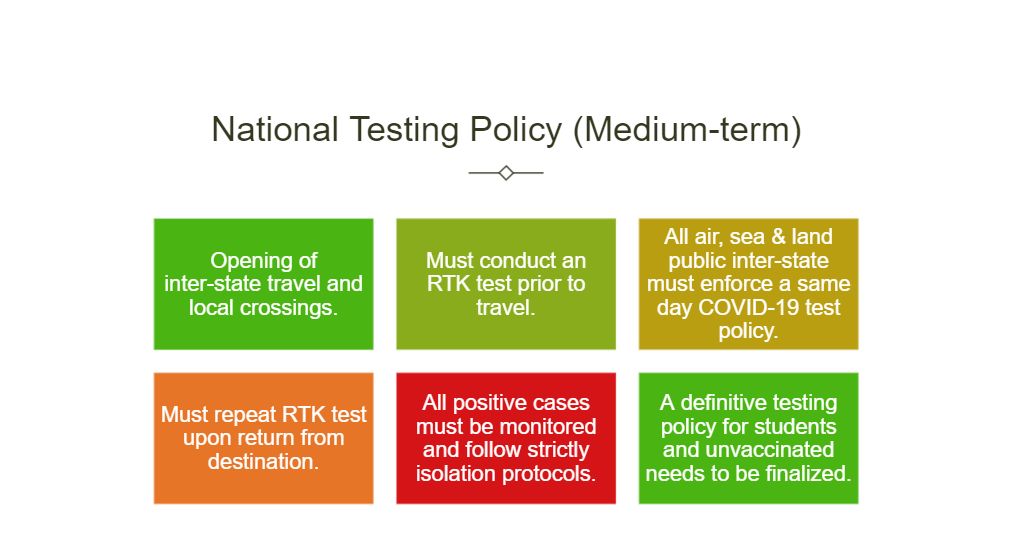
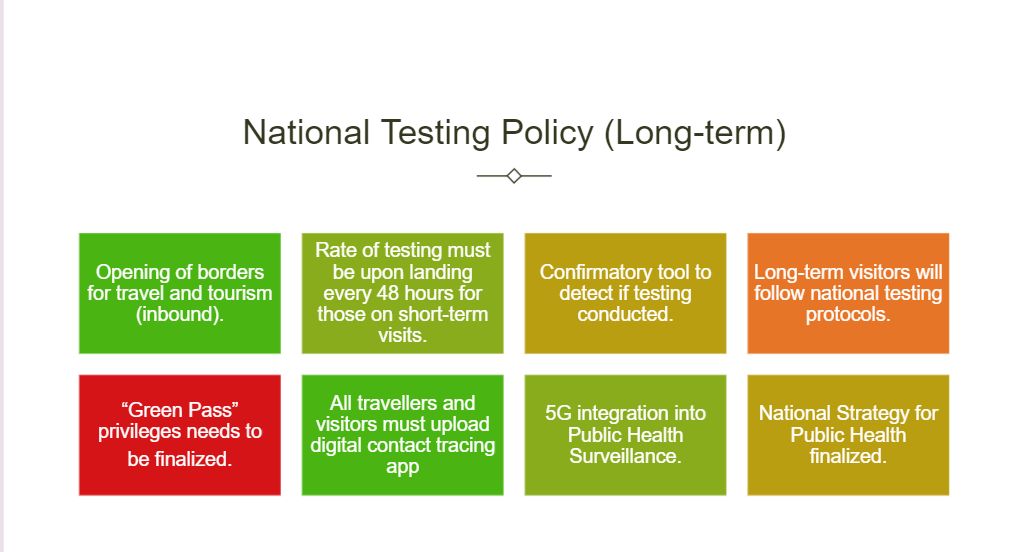
The FTTIS framework of action needs to be communicated carefully and thoroughly to the other relevant agencies, notably:
- Ministry of International Trade and Industry’s Safe@Work campaign
- Ministry of Education’s Safe@School policy
- Ministry of Home Affairs’s Safe@Prison protocols and others.
Better ventilation of public amenities should be spearheaded by the Ministry of Human Resources (Akta 446) and the Department of Safety and Health in close collaboration with the Ministry of Housing and Local Government.
The S of FTTIS encompasses social, financial, psychological support, which should be jointly coordinated across the various agencies, notably:
- Ministry of Finance
- Ministry of Health
- Social welfare department
- State Pusat Zakat and Baitulmal
- Relevant NGOs
And for those who are unable to isolate in their homes, better quarantine facilities should be made available by the relevant agencies to prevent the spread and spillover of the infection into the larger community.
On the vaccination front, the Special Committee for Ensuring Access to Covid-19 Vaccine Supply (JKJAV) needs to be more proactive and consider new strategies to best boost our population immunity. Among others, these include:
- Single dose mRNA and adenovirus vector vaccines in post-Covid-19 persons in a bid to save on vaccine use and supply.
- Heterologous prime boosting vaccine regimens (mix and match of vaccine types) to increase the immune response in the face of Delta,
- Consider boosters for those with two doses of inactivated vaccines.
- Enhance uptake of vaccines in 12 to 17-year-old children, and those under 12 with comorbidities.
- Better vaccination of pregnant women across all stages of pregnancy.
- We do not agree with mandatory immunisation policies. For Malay Muslims, whom we think are the majority of the vaccine-hesitant, there is enough provision in the fatwa which states that, immunisation is harus (permissible), but it is wajib (mandatory) for those whom the government deem as high-risk individuals. We would like to recommend vaccine mandates which would relate to employment in high-risk occupations such as health care workers, caregivers in nursing homes, prison wardens, army personnel, etc.
- This is the personal opinion of the writer or publication and does not necessarily represent the views of CodeBlue.





